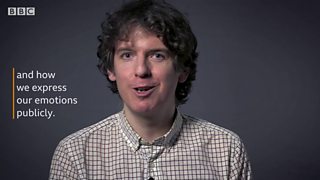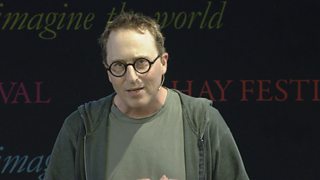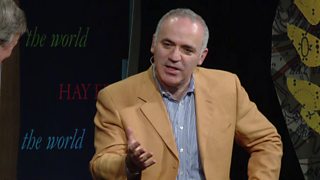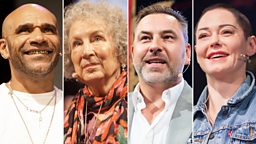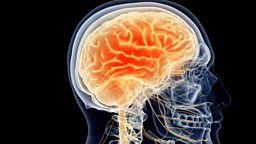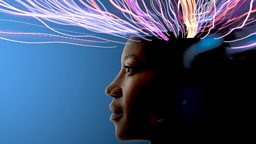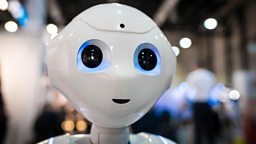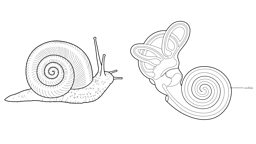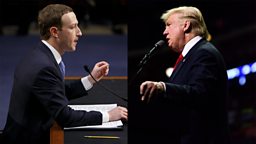Will big data and social media destroy democracy?
23 May 2018
The web has brought huge benefits to the world. But not everyone sees digital companies and their disruptive power as a force for good. At the Hay Festival two experts – and – will examine the threat they pose to society. BRUCE MUNRO takes a closer look.

One of the most sensational news stories of 2018 has been the revelation that . According to the social media company, was accessed improperly for the purposes of targeting voters in political campaigns. (Cambridge Analytica has denied any wrongdoing.)
While the the infringement of privacy is in itself a cause for concern, this story isn't a hypothetical moral debate – there are real world consequences. Your Facebook likes, combined with data from other sources, can tell someone a lot about you. And if someone knows a lot about you, they can influence what you do.
While advertising is a big driver, getting you to part with your cash is only part of the story. People want to influence how you vote in an election.
Michal Kosinski, who describes himself as a computational psychologist and big data scientist, demonstrated an algorithm he created to Jamie Bartlett. Taking seemingly innocuous information about his cultural tastes from Facebook, like his fondness for The Sopranos and Kate Bush, it was able to accurately predict Bartlett's job and religious background.
In his new book The People Vs Tech Bartlett writes: "I left Michal's office with the sensation that this sort of insight was very exciting but also a new source of power that we barely understand, let alone control."
What your 'likes' reveal
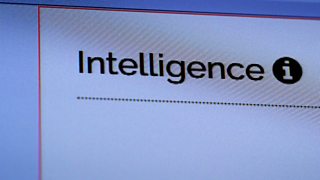
Michal Kosinski developed computer software that can analyse your personality from your Facebook likes. In 2017 Jamie Bartlett interviewed him for Secrets of Silicon Valley on Βι¶ΉΤΌΕΔ Two. Michal applied his software to Jamie's account, with scarily accurate results.
It might feel creepy and unsettling that an algorithm can work out that a man is a journalist, interested in history and raised as a Catholic. But is it really a threat to democracy?
Campaigns can now target a specific set of voters, each with specific promises and pledgesJamie Bartlett
Bartlett argues that politicians being able to use big data in this way fundamentally changes the electoral process.
Instead of trying to persuade millions of people with the same advert, "campaigns can now target a specific set of voters, each with specific promises and pledges, based on what they already care about".
Surely in the digital age, where everything can be recorded, false claims would return to haunt a politician who made them? Bartlett is sceptical of this.
"Because ads are so personalised, and delivered to unique users, it is more difficult to check whether they are accurate... Facebook allows people to make so-called 'dark posts' – non-public posts that only the targeted people can see".
The smartphone's grip

Jamie installed an app on his phone to measure how much he used it each day. The huge number of interactions between us and our devices is due in part to the "constant but inconsistent feedback" of social media. Facebook's first president Sean Parker said the like button was a "social-validation feedback loop... designed to exploit a vulnerability in human psychology".
His fear is that this will ultimately "encourage a different type of politician... [who uses] behavioural science that relies on triggers and nudges rather than publicly aired argument".
Donald Trump has flourished in the social media age. But he hasn't done it alone. Project Alamo was an arm of Trump's 2016 presidential election campaign, of which Cambridge Analytica staff were a part.
They used data on more than 200 million Americans to target potential donors and voters, aiming to influence various universes - their term for groups of people.
They created a variety of adverts, each designed to appeal to a different universe, .
Digital communications specialist . She revealed the scale of the operation to Bartlett: "It wasn't uncommon to have about 35,000 to 40,000 iterations of these types of ads every day."
While social media has been heralded for allowing candidates to directly engage away from the traditional press, it isn't possible for a single person to communicate so many different messages.
Trump wrote his own tweets, but Facebook was a different story. Hong told Bartlett that she actually authored many of the candidate's Facebook posts. "I channelled him," she said, "A lot of believe mes, a lot of alsos, a lot of verys."
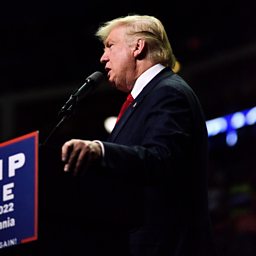
Bartlett is far from the only writer grappling with these issues. At Hay, he'll be appearing alongside the academic Damian Tambini, who has just edited a new collection of essays, alongside Martin Moore, called Digital Dominance: The Power of Google, Amazon, Facebook, and Apple.
If it comes to a battle between social media companies and democracy itself, Facebook and other dominant platforms will loseDamian Tambini and Martin Moore
They too have fears about the impact of technology in the political sphere. They say: "The power of media including social media to alter preferences, and nudge actors towards a certain course of action (for example to vote, to not vote, to make a purchase) - that is of concern."
What needs to be done? It's clear to them that "domestic election and media law, and international election monitoring standards surely need to be updated."
Technology companies have no option but to change in ways that suit the needs of political system. "Open up, or break up. If it comes to a battle between social media companies and the defining characteristic that forms the basis of government legitimacy - elections and democracy itself - Facebook and other dominant platforms will lose."
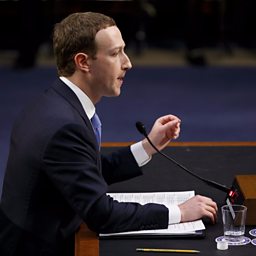
But Jamie Bartlett doesn't see it as inevitable that the digital giants will bow to democracy.
It's easy to imagine a growing taste for a more 'system one' demagogue who promises to restore order, control and stabilityJamie Bartlett
In his book he also looks beyond the social media companies to other issues, like the rise of exchanged and held digitally by users. These pose a threat to a political system, as their increased use could decrease the ability of governments to raise funds.
"If history is anything to go by", he says, "the most crypto-savvy will be able to engage in all sorts of spectacular tax evasion, and a greater burden will fall on an increasingly aggrieved and angry middle class.
"It is worth remembering that the English, French and American revolutions all began in some sense because of disagreement about the conditions under which tax could be legitimately raised."
Cryptocurrencies could play a part in the demise of representative democracy, thinks Bartlett. "What would be the point of having representatives at all if there was no money to spend?"
He fears that many people will "conclude that democratic values and institutions no longer solve positive social problems, reduce crime or create jobs... It's easy to imagine a growing taste for a more 'system one' demagogue who promises to restore order, control and stability – even at the cost of undermining democratic institutions and norms."
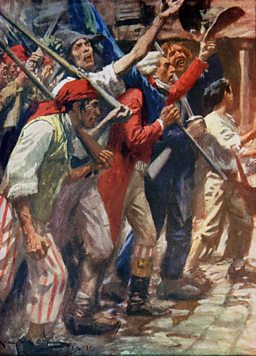
Jamie Bartlett and Damian Tambini will be talking to Matt Stadlen at the Hay Festival on . Digital Dominance: The Power of Google, Amazon, Facebook and Apple, edited by Damian Tambini and Martin Moore, is published by OUP USA on 1 July 2018. The People Vs Tech by Jamie Bartlett is published by Penguin and is available now.
-
![]()
Βι¶ΉΤΌΕΔ Ideas: Laurence Scott believes that social media is changing the way that we express ourselves.
Hay-lights from the archive: Technology
-
![]()
Jon Ronson on mutual grooming
He began looking into public shaming after his own online identity was stolen.
-
![]()
Caitlin Moran on social media
She talks about connecting on social media and women becoming programmers.
-
![]()
Stephen Fry on the technological reformation
He believes we must embrace the new technology shaping our future.
-
![]()
Garry Kasparov on Deep Blue
What was it like competing against the chess-playing computer developed by IBM?
